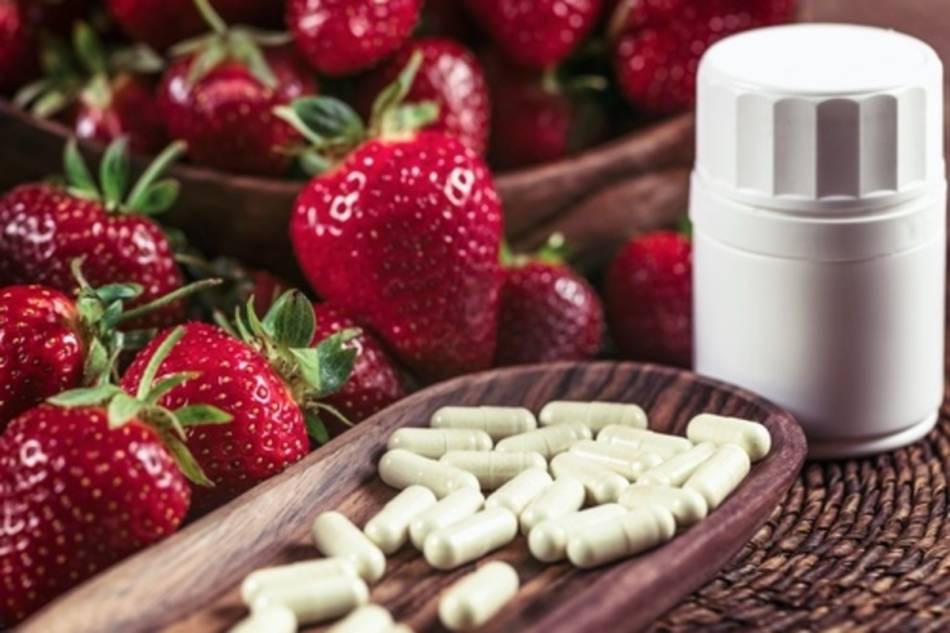
Answer:
Fisetin is promoted for improving brain health, cognition and memory -- although the evidence for this use rests only on animal studies. Laboratory research also suggests that it may extend life-span, have anti-cancer activity and lessen complications of type 1 diabetes. It has been sold as the branded ingredient Cognisetin, by Cyvex Nutrition, and is now sold by the same company as Novusetin.
What it is:
Fisetin is a flavonol with antioxidant properties found in plants such as the Japanese fruit wax tree (Rhus succedanea), and, in very small amounts, in strawberries, tomatoes, onions and other foods. However, you would have to eat about 1 pound of strawberries a day to get the dose typically provided in fisetin supplements (Maher, PLoS One 2011).
The evidence:
Fisetin has been studied by researchers at the Salk Institute for Biological Studies, which owns a patent for fisetin as a memory enhancer (U.S. Patent 7897637 B2). Laboratory and animal studies have found that it protects and promotes the growth of brain cells, and enhances memory in mice (Maher, Proc Natl Acad Sci 2006). A more recent study in mice showed that, taken orally, fisetin crossed the blood-brain barrier and appeared to promote brain cell communication in the hippocampus, a part of the brain associated with long-term memory (He, J Pharmacol Sci 2018).
A laboratory study also found that fisetin decreased senescence in mouse and human fat cells (i.e., it reduced the percentage of senescent, or compromised, cells), and decreased age-related disease and extended life-span in mice (Yousefzadeh, The Lancet 2018).
Fisetin has also been shown to inhibit the growth of ovarian and colon cancer cells in laboratory studies (Jeng, J Cell Physiol 2018; Xioa, BMC Complement Altern Med 2018) but only a single study has shown a possible, limited cancer benefit in people: In that study, 37 people in Iran undergoing chemotherapy for colorectal cancer were given 100 mg of fisetin or placebo daily for seven weeks, resulting in significantly decreased levels of one inflammatory marker (interleukin 8) with fisetin but no decrease in other markers of inflammation, and there was no measurement of clinical outcomes (i.e. cancer progression, etc.) (Farsad-Naeimi, Food Funct 2018).
Fisetin has been shown to lower elevated systolic, diastolic and mean artery pressure in rats with high blood pressure, apparently by promoting relaxation of blood vessels. However, this effect has not been confirmed in humans (Antika, Asian Pac J Trop Biomed 2021).
As of yet, there are no published studies in people demonstrating any effect of fisetin on memory, blood pressure, or any of the other above-mentioned effects in people. Furthermore, there are no long-term safety studies in people for fisetin at the dose provided by supplements.
Dosage:
A dose between 50 and 150 mg day has been proposed as potentially beneficial in people. Most supplements provide between 50 and 100 mg per daily serving and cost between $11 and $15 for a 30-day supply, although combination supplements that contain additional ingredients can cost as much as $45.
Although free fisetin is nearly insoluble in water and expected to have low absorption, particularly if taken on an empty stomach, many supplements containing fisetin have been formulated to increase solubility and bioavailability — although the evidence behind them is limited. For instance, liposomal fisetin (which is included in Lipo Fisetin by Renue by Science) was shown to be up to 47 times more bioavailable than free fisetin in an animal study (Mignet, Int J Pharm 2012), and the label of Lipo Fisetin claims that it can be taken with or without food. Novusetin — an extract of the Japanese wax tree that is standardized to 95% fisetin — claims to have "great stability and solubility," but the data confirming this does not appear to have been published, and one product containing this ingredient (Fisetin Novusetin by Swanson) recommends that it be taken with water while another (Fisetin with Novusetin by Doctor's Best) states that it should be taken with food. If in doubt, it may be best to take fisetin with meals rather than on an empty stomach, as this may promote absorption.
The bottom line:
Results with fisetin in cells and animals are intriguing, but it is too early to know if fisetin is safe and effective for improving memory or any other condition in people at this time.
Join today to unlock all member benefits including full access to all CL Answers and over 1,400 reviews.
Join NowAlready a member? Sign In Here.
Join now at www.consumerlab.com/join/

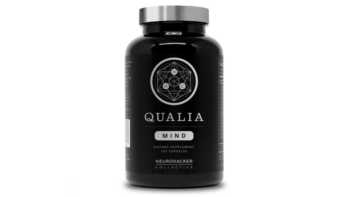
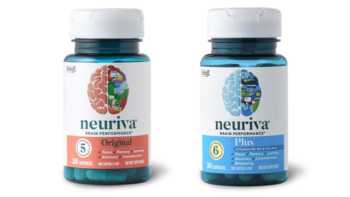
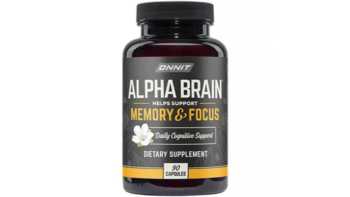


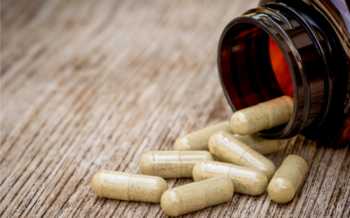






F
February 10, 2025I eat 8 oz of defrosted organic berries nearly each morning; Sometimes a berry mix (raspberries, blueberries, blackberries, strawberries) and sometimes blueberries or raspberries alone.
Reply to this post…
Roger20111
July 19, 2024We’ve got to recognize what is happening on this page: smart people making smart comments and the smart people at ConsumerLabs responding politely and wisely to the comments. This is wonderful and needs to be appreciated! Many thanks.
Caroline21690
January 20, 2025Great observation!
Reply to this post…
Adam18989
March 19, 2024@ConsumerLab - There have been quite a few studies showing pretty remarkable kidney protective effects of Fisetin. Keep an eye out. There is not enough chatter about this in my view.
Reply to this post…
karen3985
July 11, 2022I have taken a small portion of a 100 mg capsule and it lowered my blood pressure most all day. A little scary, because the 1st couple times I had been taking a hypertension drug and didn't attribute it to Fisetin. I cannot imagine how others take a whole pill, unless it does not affect most?
Reply to this post…
Angel3971
December 15, 2019I’m pretty sure that the comment about "senescence" in this piece is backwards. The study that's cited found that fisetin actively *caused* the death of senescent cells. That's a good thing, because one of the effects of aging is that senescent cells increase over time in the body. Senescent cells are "elderly" cells that have stopped being able to grow, and an accumulation of senescent cells in the body causes inflammation, weakness and additional aging. In other words, you want to have senescent cells actually die and be removed by the body, rather than remain and accumulate.
According to the cited study, fisetin appears to actively encourage the death and removal of senescent cells -- which is a good thing!
 ConsumerLab.com
ConsumerLab.com
December 15, 2019Hi Angel - As we correctly reported, the study found that fisetin reduced senescence among certain types of cells. However, as you correctly point out, this means that it caused the death of senescent cells, which is a good thing, and we have clarified this in our Answer above. Thank you for your comment.
Reply to this post…
JARKKO3966
January 11, 2018"However, you would have to eat about 10 pounds of strawberries a day to get the dose typically provided in fisetin supplements".
Really? Why do I see this claim at several websites? I believe this is wrong.
1 pounds = about 450g. I believe you get about 70mg of Fisetin from 450g of strawberries.
 ConsumerLab.com
ConsumerLab.com
January 11, 2018You are right. About 1 pound of strawberries would provide about 73 mg of fisetin. This has been corrected above. Thank you!
Reply to this post…